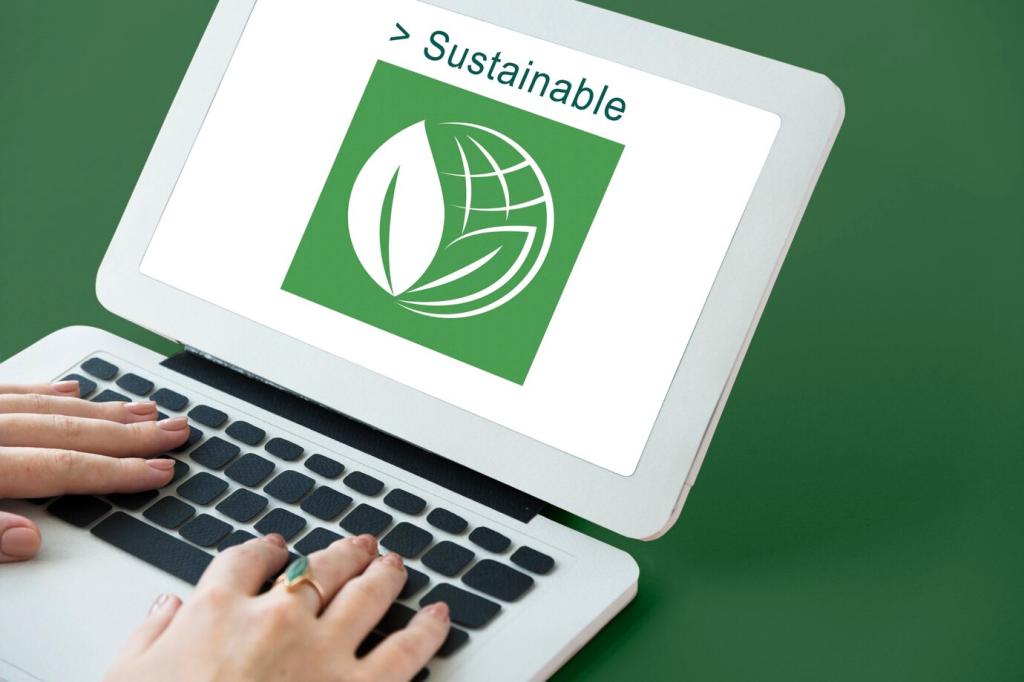
Ethical Supply Chains in the Fashion Industry
The fashion industry has long been scrutinized for its impact on people and the environment, particularly concerning how garments are produced, sourced, and distributed. The concept of ethical supply chains seeks to ensure that every step in the process—from raw material extraction to final retail—upholds the highest standards of fairness, transparency, and sustainability. As consumer awareness grows, brands are increasingly challenged to align their practices with ethical principles, setting new norms for the future of fashion.
Understanding Ethical Supply Chains
Social responsibility refers to the obligation brands have to treat everyone in their supply chains with respect and fairness. This includes ensuring safe workplaces, fair wages, reasonable working hours, and the right to collective bargaining. In many parts of the world, garment workers are vulnerable to exploitation, and ethical supply chains address these inequalities by verifying labor conditions, supporting local communities, and providing training and opportunities for workers. Leading brands work closely with suppliers to uphold these social standards, often engaging third-party auditors to evaluate compliance and address issues proactively.
Challenges in Building Ethical Supply Chains
Globalization and Complexity
Fashion supply chains often span multiple countries, each with its own labor standards, regulations, and cultural norms. This complexity makes it difficult for brands to maintain oversight over every supplier and subcontractor, particularly when operations are several layers removed from the final product. The decentralized nature of fashion manufacturing means that a brand’s direct supplier may themselves contract work out to other facilities, obscuring visibility and accountability. Successfully building an ethical supply chain in this context requires substantial investment in mapping the supply network and developing strong partnerships at every level.


Regulatory Variability
Ethical supply chain management is complicated by inconsistent legal frameworks and enforcement across countries. While some regions have rigorous labor and environmental protections, others lack basic oversight or have inadequate enforcement mechanisms. This patchwork of regulations can create incentives for unscrupulous practices and make it challenging for brands to apply consistent ethical standards throughout their supply chain. Brands committed to ethics often voluntarily exceed local legal requirements by adopting internationally recognized certifications and codes of conduct, but this typically requires additional resources and expertise.
The Role of Consumers and Brands
Consumer Awareness and Activism
Consumers are increasingly informed about the impact of their purchases, and many now prioritize ethical considerations when buying fashion. Movements calling for more transparent supply chains and the boycott of brands linked to unethical practices have encouraged wider industry reforms. By seeking out brands with certified ethical credentials, asking probing questions about sourcing, and sharing information online, consumers wield considerable power to shape industry standards. Their voices send clear signals to brands that social and environmental responsibility is not just desirable, but essential for long-term loyalty and trust.
Brand Accountability and Innovation
Brands striving to meet evolving ethical expectations must adopt a proactive approach. This means going beyond surface-level commitments and embedding ethical principles into their business models, from sourcing and manufacturing through to retail. Forward-thinking brands are investing in traceability technologies, collaborating with NGOs, and developing innovative solutions such as digital tracking of materials or blockchain to ensure robust oversight. These efforts not only mitigate reputational risk but also open up new markets and opportunities for differentiation in a crowded marketplace.
Partnerships for Ethical Progress
Lasting change in fashion supply chains often hinges on collaboration between brands, suppliers, workers, NGOs, and government agencies. Multi-stakeholder partnerships can help address systemic issues that no single actor could resolve on their own, such as living wages or waste management. Through joint initiatives, knowledge sharing, and shared standards, industry leaders can pool resources and amplify their impact, accelerating progress towards a more ethical and sustainable future for global fashion.
